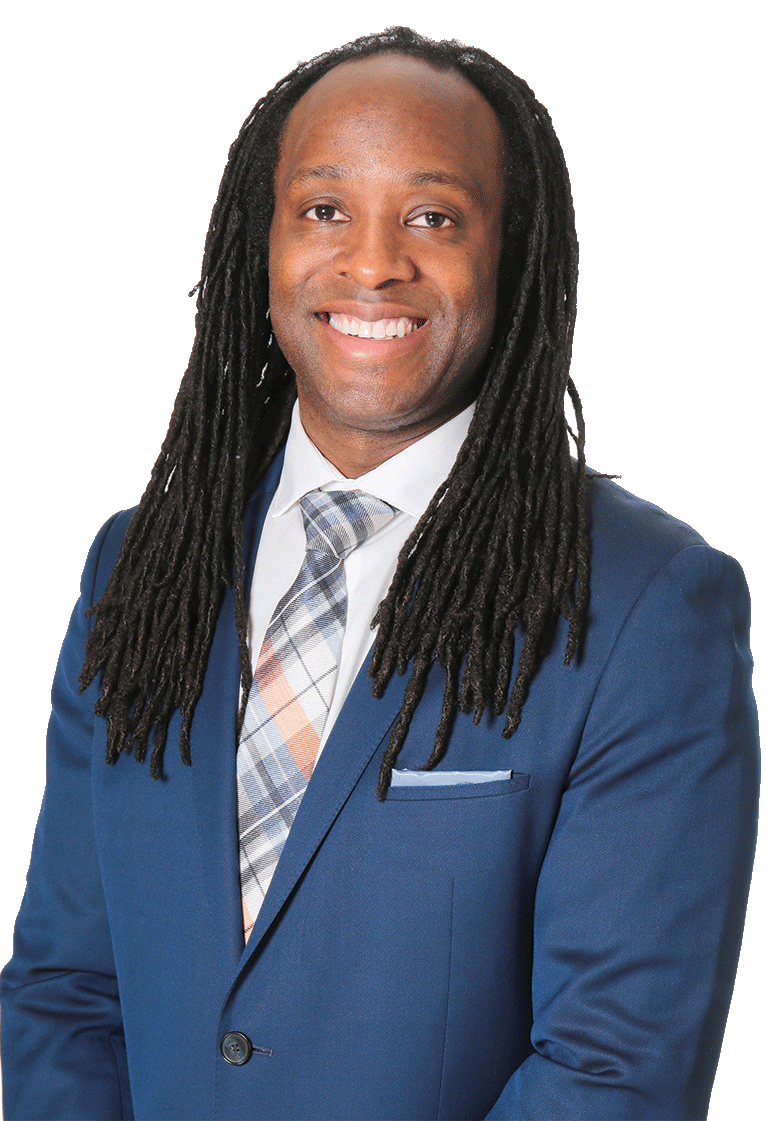Let’s talk about history. History is the story we tell ourselves about who we are. It is the understanding of our past, the capturing and framing of our origin stories and the building of myths around how we as a people came to be who and what we are today. These stories not only tell us who we were, they also inform our expectations and aspirations of who we can be. History is our cultural memory. We will all come and go, but our history will remain.
What about Black History? I’m sure that phrase conjures up images in all of our minds. For some of us, the first thought is of the extraordinary suffering of our forefathers. Often when we talk about the history of Black people in North America we immediately think of slavery, Harriet Tubman, the Underground Railroad, segregation and Jim Crowe laws, lynching, the race massacre of Black Wall Street, Martin Luther King, Malcolm X. You can’t get away from these stories of suffering, they are part of our history, and some of these events are part of our recent history. Black History Month itself was only formally recognized here in Canada in 2002, so it is likely younger than everyone who is reading this blog. We can’t change the past, but we also can’t ignore it. That being said, when we talk about black history, we also note profiles in courage, and the determination and resilience of our civil rights predecessors. We focus on stories of human will and perseverance triumphing over systemic discrimination and racism and we reflect on how far we have come and, sadly, how much farther we have yet to go. These stories, as uncomfortable as they make some of us, are important because, as the saying goes, those who do not learn from their history are doomed to repeat it.
If you pay attention to media these days, it seems like we are on a backslide, sometimes it seems as if we are regressing to some of our baser instincts and, if I can be so bold so as to borrow and twist the words of Abraham Lincoln, we are succumbing to the lesser angels of our nature. We seem more divided than ever and issues like race, gender, class and equality have become radioactive subjects that fuel intense debate and even more intense and tribalistic division across society. That is why we have to make efforts to come together and share stories about our history that show we can learn and improve and be better than our inglorious past.
There is another reason to observe Black History Month, and other celebrations like it and this reason may be even more important than learning from the stains of our past. The reason has to do with this curious thing about history, the fact that it is written by the victors. I’m sure that most of you are not even familiar with some of the stories I referenced earlier. OUR collective history largely ignores that many of the great nations of the world were built on free land and on the backs of free labour. The history of the settler society, the society in which we all live, has long ignored the positive contributions of people of colour, of women, of indigenous peoples and other racialized and stigmatized groups. There are large gaps and holes in the building of our myth where these contributions have been left off the pages of history. In short, Black history seems like a separate stream of history but history exists outside of the confines of our individual or societal storytelling. Just because you didn’t write it down, doesn’t mean it didn’t happen. We did more than sit on the wrong seat on a bus or in a movie theatre. We did more than drink from the wrong fountain. We did more than march, and sing and get shot at and arrested. We did more than break colour barriers that should never have existed in the first place. We were explorers and pioneering doctors, scientists, mathematicians, philosophers, inventors, lawyers and judges. We were successful entrepreneurs who succeeded despite systemic efforts to stop us. Our great institutions, the ones we build myths around, our countries, companies, banks, our law societies and courts were shaped by people who look like you, and also by people who look like me. We contributed more than our collective history books suggest. Without these stories, our history is incomplete. Black history is not a separate stream of history. Black history is OUR history.
These stories need to take their rightful place in our cultural memory because they change the way people of colour view themselves. They create ideals that people of colour can look up to and strive towards. They transform our expectations and aspirations of who we all can be. Far more importantly, they change the way mainstream culture views people of colour. Changing that narrative makes other change possible, because it’s not good enough that we know that people of colour are capable of great things, society has to know it as well. We have to work together to change the narrative. We have to examine, and sometimes litigate, the past in order to re-frame the present and create a better future for all of us.
